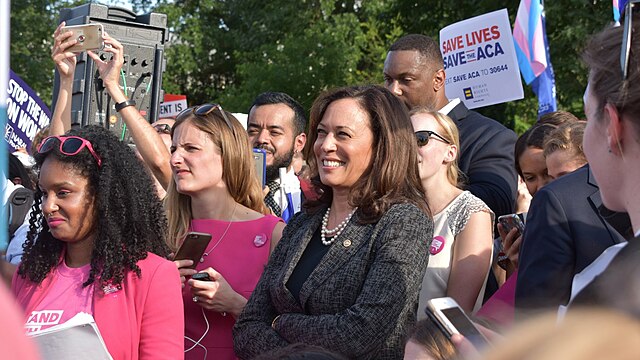“Why are you arresting him?”
“Shame on you, shame on you.”
“The whole world is watching.”
Earlier this month, these were the cries of people experiencing homelessness in Fort Lauderdale, Florida, as police wrongfully arrested 90-year-old veteran Arnold Abbott and two ministers for illegally feeding the hungry.
“One of the police officers said, ‘Drop that plate right now,’ as if I were carrying a weapon,” said Abbott in an interview with ABC News.
Fort Lauderdale Mayor Jack Seiler insists the laws are in place to assure that public spaces are open to everyone, though these laws ultimately close off these same spaces for those experiencing homelessness.
“The media’s ignoring the fact that there are daily feedings taking place in the city of Fort Lauderdale in full compliance with the law,” said Seiler in an interview with the Sun Sentinel.
Of course, the city has not made it easy for those feedings to happen.
“In Fort Lauderdale, the legislation will require feeding sites to sit 500 feet away from each other and from residential properties,” according to PBS NewsHour writer Colleen Shalby. “Additionally, only one feeding site per city block will be permitted.”
To make it increasingly more difficult for people to acquire basic needs is inhumane.
“These are living, breathing human beings with feelings just like you and I have,” said Greensboro resident Amy Murphy, who provides food for those experiencing homelessness every Monday morning at the Interactive Resource Center.
The Fort Lauderdale government maintains that this is somehow helping those experiencing homelessness.
“Instead of helping them, you’re passing laws prohibiting them from getting any kind of help,” said first-year Hidania Pena.
Though Abbott knew he would likely get arrested, he persisted in his heroic efforts.
“He’s gone to court and won,” said Associate Professor of Justice & Policy Studies Will Pizio. “He knows what he’s doing. What he’s trying to do now is set up a run to get this to the higher courts.”
Since 1999, Abbott has provided food for those experiencing homelessness every week in Fort Lauderdale after suing the city for that right. Since the new laws have taken place, he has continued to do so.
Fort Lauderdale is not the only place with unfair laws concerning homelessness. In Lake Worth, Florida, panhandling is no longer legal on city-owned property. In Manteca, California, setting up encampments on any public or private property is illegal.
“Shelters aren’t permanent (anywhere),” said senior Noelle Lane, Church Under the Bridge project coordinator. “If you really don’t want people to be vagrant, provide resources.”
In Greensboro, panhandling now requires a permit.
“Greensboro used to be more tolerant,” said Murphy. “There are still a lot of kindhearted people who are helping, but the city has policies that indicate that Greensboro is not so friendly towards those experiencing homelessness.”
Sadly, most local governments do not want to deal with people experiencing homelessness in their cities.
“The municipalities are trying to claim the city,” said founder of Greensboro’s Church Under the Bridge Kevin Carter. “They don’t want to see those ‘eyesores’ on the street.”
Though most Greensboro residents are not policy makers, there is still much that can be done.
“We need to work towards getting funding for rehab programs and recovery programs,” said Murphy. “We can get programs in Greensboro to take care of people experiencing mental illness.”
Providing education is the next step, especially for larger businesses and organizations.
“Restaurants tell us, ‘We can’t donate to you because the food can go bad and we could get sued,’ but that’s not a reality,” said Lane. “The Good Samaritan law protects restaurants from being penalized for giving free food.”
Encouraging communities to take on the cause could end homelessness and hunger.
“If 200 faith communities adopted one person, we would have no more people experiencing homelessness (in Greensboro),” said Murphy. “It doesn’t have to be an agency.”
If we want to change things, we cannot wait for the governments to make the change.
“If the status quo is not to feed people who are hungry, we’re not going to make it very far,” said Lane. “We’re so focused on our security that we forget about the people around us.”







